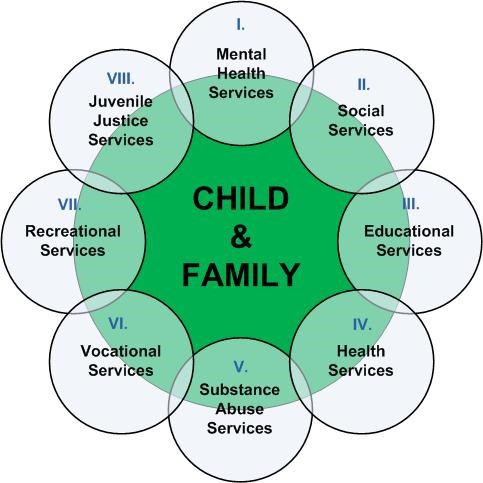
What is mental health? Mental health is generally the level of mental health or an absence of psychiatric disease. It is basically the condition of a person who is "working at a satisfactory level of behavioral and emotional adjustment."
The terms mental health and mental illness are used interchangeably. The first refers to a state of mental stability, which includes the proper functioning of a person's cognitive, social, emotional and behavioral systems. The latter refers to the presence of a mental disorder in which a person exhibits abnormal behavior, mental state, or thought processes. There is no universal definition of mental health, and there are many definitions, it is generally agreed that mental health is achieved when a person is functioning normally in terms of emotional, physical, cognitive and behavioral functioning.
The definition of mental health should cover all aspects of a person's mental health
It should include the patient's family history, current living environment, and personal development, including the ability to make meaningful choices about their life, relationships, career, hobbies, and recreational activities. Mental health assessments should also include measurements of a person's emotional functioning, personality traits, developmental history, cognitive processes, and other biological variables. It should also include factors affecting the functioning of the patient's mental health. Such factors may include: the severity of a person's illness; the severity of the physical illness that the person suffers from; their ability to communicate with others; their ability to concentrate; the frequency and duration of episodes of anxiety and depression; duration of untreated psychosis; and other factors associated with substance abuse.
In addition to providing information about an individual's life, mental health reports can also provide important information about the individual's family and environment. A mental health report should not only provide information about the individual, but should also provide information about his or her caretaker, including the family members, friends, and co-workers. It should also describe any co-existing conditions the patient may have, such as an anxiety or depression illness, bipolar disorder, or other psychoses.
Mental health definition provides important information for health professionals who assess the needs of their patients and work with them to help them establish their goals. A mental health care professional may be involved in helping patients understand the diagnosis, to monitor their progress, and to assist in the management of their problems.
As part of the assessment process, health care professionals often use mental health screening tools to determine if the person requires mental health screening. These screening tools, which are called questionnaires, are intended to provide the health care provider with information about the person's mental status. These questionnaires are commonly used to help determine whether a patient needs help in managing their anxiety and depression, in managing their career or relationship issues, in establishing a daily routine, in maintaining a healthy weight, and in learning to cope with stress.
Mental health screenings are also used in educating patients about the symptoms of their illness, in treating them, and in determining the right course of action in the management of their illness and/or in preventing future illness. Screening questionnaires are also used to help determine if a patient is receiving the treatment they need for their illness and to help determine if they are at risk for developing a mental disorder. Asking patients to complete mental health screening questionnaires and providing them with regular feedback may also help in the prevention of new mental illnesses.
A health care definition of mental health is one that is considered necessary, by health care professionals and by those individuals who are concerned with their well-being. Although a mental health definition can vary widely, the definition is not necessarily static, nor does it change. It reflects the evolving needs of health care professionals to better manage their patients' illness and their problems.
